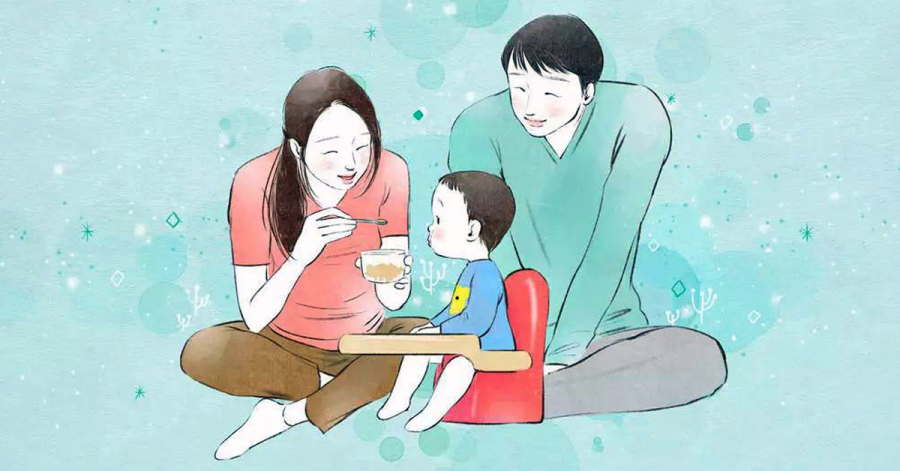How to differentiate between rich kids and poor kids, the real difference is not in financial matters but in mindset.
Dislike of risk-taking, always afraid of risks

Usually, poor kids are very good at saving. They believe that putting money in the bank is safer. But wealthy families use money to invest and make money.
For the poor, risk is a trap. They are afraid that they are not capable enough to handle it and never start things that require a little daring, such as investment opportunities.
Meanwhile, the rich dare to face big risks. They believe that life is full of uncertainties, so why not try new choices.
Insufficient far-sightedness

Today’s society has many negative perceptions about ”rich kids”, believing that rich kids are wild. But in reality, many wealthy people care a lot about nurturing their children’s spirituality.
They take their children on trips, exploring all kinds of landscapes and aspects of the world from a wide perspective. This helps expand the child’s vision.
In addition, many parents also improve their children’s financial literacy from an early age. They enhance their child’s awareness through encouraging them to read books and practice real-life situations.
On the contrary, due to economic issues, poor parents put more effort into achieving short-term benefits without many long-term development plans for their children.
Relatively low self-esteem

In reality, most people have insecurities. But children born into poverty will have more obvious insecurities. Due to a lack of safety, they feel particularly lost when faced with failures.
The children of the wealthy can calmly face failures because their families are well off. They believe that present mistakes will not affect all their future behaviors.
Parents, nurture the mindset of ”rich kids” in your children, so they can escape poverty
– Teach children an open mindset
– Teach children not to pursue immediate benefits
– Teach children how to share
Learning Tips for Parents: 12 Japanese Techniques to Use with Your Children
Discover the 12 principles of teaching children in the traditional Japanese way that parents can learn with Dien May XANH! By instilling these principles when your children are young, you can ensure that they grow up to be obedient, smart and polite, the hallmarks of a successful education in Japan.




































